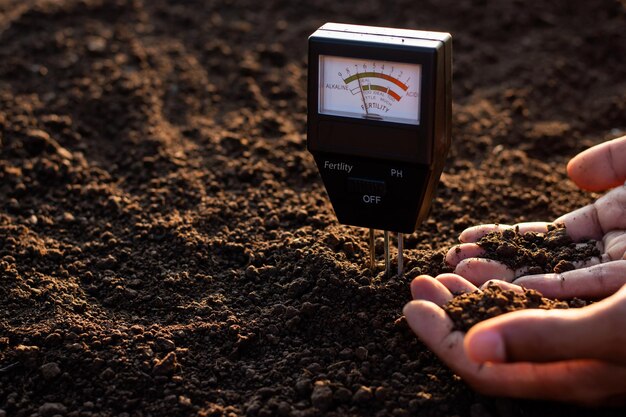Proper soil management is the cornerstone of successful farming, especially in South Africa, where diverse climates and soil types influence agricultural productivity. However, many farmers make mistakes that can degrade soil health and reduce yields. Here are ten common mistakes in soil management and how to address them effectively.
- One major mistake is neglecting soil testing. Many farmers plant crops without understanding the soil’s nutrient content, pH, or structure. This leads to either under-fertilization or over-fertilization, both of which harm the soil and crops. Regular soil testing allows farmers to apply the right inputs and make informed decisions about what to plant.
- Over-reliance on chemical fertilizers is another common issue. While these fertilizers can provide quick nutrient boosts, their overuse depletes organic matter and disrupts soil microbiota. This results in reduced soil fertility over time. Farmers should incorporate organic fertilizers, such as compost or manure, to maintain a healthy balance.
- Poor irrigation practices are a frequent problem. Overwatering can cause waterlogging, reducing oxygen in the soil and leading to root rot. Underwatering stresses plants and reduces yields. Using efficient irrigation methods, like drip or sprinkler systems, ensures that water reaches crops without waste or damage to the soil.
- Inadequate crop rotation is another mistake that depletes specific nutrients from the soil. Planting the same crops season after season increases the risk of pests, diseases, and nutrient imbalance. Rotating crops, especially with legumes that fix nitrogen, helps replenish the soil and breaks pest cycles.
- Ignoring soil erosion control can lead to significant losses. Bare soil is vulnerable to wind and water erosion, stripping away topsoil, which is the most fertile layer. Farmers should use cover crops, mulching, and contour farming to protect the soil from erosion.
- Tilling too frequently or aggressively is another common issue. While tillage prepares the soil for planting, excessive tilling can compact the soil, destroy its structure, and reduce water infiltration. Minimizing tillage or adopting no-till practices can preserve soil health and reduce erosion risks.
- Failing to manage weeds effectively impacts soil quality. Weeds compete with crops for nutrients, water, and light, often leaving the soil depleted. Implementing integrated weed management strategies, such as manual removal, mulching, or cover crops, can prevent this issue.
- Overgrazing is a problem for farmers who integrate livestock into their systems. Allowing livestock to graze too heavily reduces vegetation cover and leads to soil compaction and erosion. Rotational grazing practices can help maintain soil health while providing adequate forage for livestock.
- Using inappropriate machinery or farming techniques can cause soil compaction, especially on heavy clay soils. This reduces root penetration, water infiltration, and aeration. Farmers should use lightweight machinery and avoid working the soil when it is too wet.
- Lastly, ignoring the role of organic matter in soil health is a mistake many farmers make. Organic matter improves soil structure, water retention, and nutrient supply. Farmers should focus on adding organic residues, such as crop stubble or compost, to the soil to maintain its productivity.
By addressing these common mistakes, South African farmers can enhance soil health, increase yields, and promote sustainable farming practices. A well-managed soil is not just a resource for today but an investment in the future of agriculture.
Join 'Farmers Mag' WhatsApp Channel
Get the latest Farming news and tips delivered straight to your WhatsApp
CLICK HERE TO JOIN






